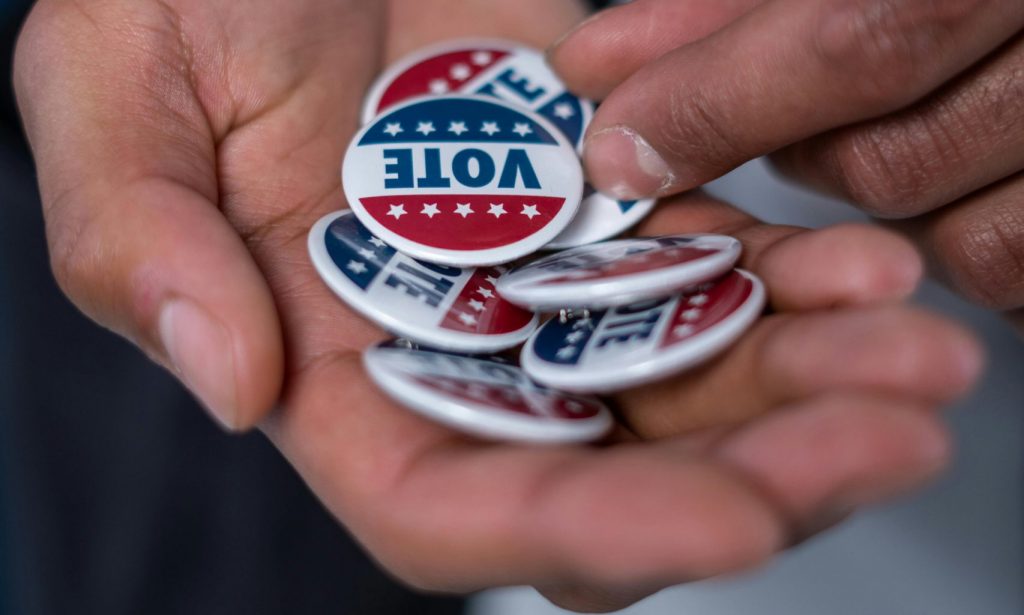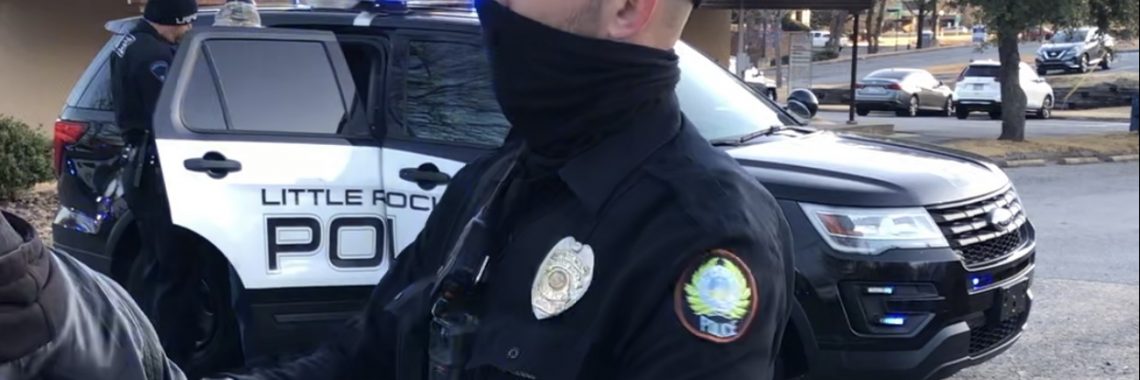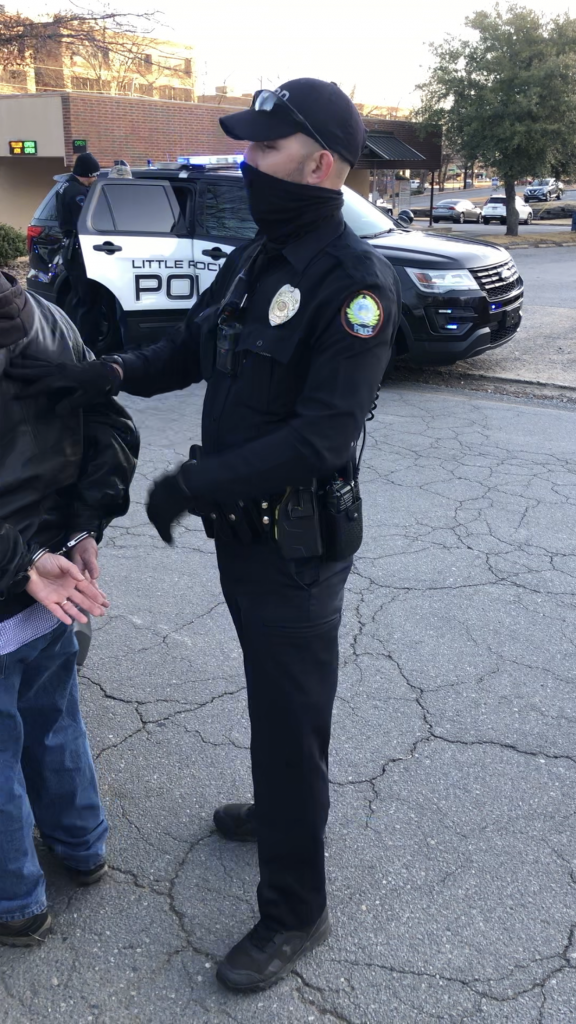Here is an Expanded Overviews of Arkansas’ 2024 Ballot Issues

The following has been adapted from Family Council’s 2024 Arkansas Voter’s Guide.
Issue 1: Arkansas Lottery Proceed Funding for Vocational-Technical School Scholarships and Grants Amendment.
Issue 1 is a proposed amendment to the Arkansas Constitution that the Arkansas Legislature voted to place on the ballot. Issue 1 would change the Arkansas Constitution to let proceeds from the Arkansas Lottery fund scholarships and grants for vocational-technical schools and technical institutes. As of September 15, no campaigns have formed to support or oppose Issue 1.
Issue 2: An Amendment Requiring Local Voter Approval in a Countywide Special Election for Certain New Casino Licenses and Repealing Authority to Issue a Casino License in Pope County, Arkansas.
Issue 2 is a proposed amendment to the Arkansas Constitution that the group Local Voters in Charge placed on the ballot by circulating petitions via Arkansas’ initiative process. The Arkansas Constitution currently authorizes casinos in Garland County, Jefferson County, Crittenden County, and Pope County. This group of local citizens is trying to remove Pope County from the list of locations where casino gaming is allowed. Under Issue 2, the State of Arkansas would be unable to authorize a casino in any community without a new constitutional amendment and without local voter approval at a special election.
As of September 15, state campaign ethics reports show Local Voters in Charge received $5.6 million from the Choctaw Nation of Oklahoma in support of Issue 2.
Issue 2 is opposed by the Arkansas Canvassing Compliance Committee and by the group Investing in Arkansas. As of September 15, state campaign ethics reports show the efforts to defeat Issue 2 have received $2.8 million from the Cherokee Nation in Oklahoma.
Issue 3: Arkansas Medical Marijuana Amendment of 2024.
Issue 3 is a proposed amendment to the Arkansas Constitution that the group Arkansans for Patient Access placed on the ballot by circulating petitions via Arkansas’ initiative process. Issue 3 would expand access to marijuana by making more than 30 changes to the Arkansas Constitution.
Currently, the Arkansas Constitution permits medical marijuana use for specific medical conditions listed in state law. Patients can pay $50 to purchase a medical marijuana card if a doctor examines and certifies them to use medical marijuana. Issue 3 would let a doctor, pharmacist, nurse practitioner, or physician’s assistant certify a person to use marijuana for any reason without a medical exam. Issue 3 would eliminate the $50 annual fee for marijuana cards, meaning cards would be provided for free at taxpayer expense. The amendment would give free marijuana cards to out-of-state users and illegal immigrants who come to Arkansas. Issue 3 also would let people grow and process up to fourteen marijuana plants at home.
Currently, Arkansas law strictly regulates marijuana advertising, and it contains restrictions on marketing and products that may appeal to children. Issue 3 would repeal current laws that prohibit marijuana advertising, and it would repeal childproof packaging and labeling standards for marijuana. The amendment prohibits any additional regulation or taxation of marijuana by the Arkansas Legislature and by city and county governments. Issue 3 also guarantees existing marijuana businesses a monopoly over marijuana in Arkansas by limiting the number of licenses available to grow and sell marijuana.
Besides changing Arkansas’ medical marijuana laws, Issue 3 also changes Article 5, Section 1, of the Arkansas Constitution concerning ballot initiatives, constitutional amendments, and referenda. Currently, the constitution gives the Arkansas Legislature the authority to change Arkansas’ medical marijuana amendment. Issue 3 would take this ability away and prevent the Arkansas Legislature from ever changing any state constitutional amendment.
As of September 15, state campaign ethics reports show Arkansans for Patient Access has received more than $1.9 million in support of Issue 3. Most of that money came from members of Arkansas’ marijuana industry, and most of it was used to hire canvassers to gather enough petition signatures to place the amendment on the ballot.
Issue 3 is opposed by Stronger Arkansas, Family Council Action Committee, and Protect Arkansas Kids. As of September 15, state campaign ethics reports show these three campaigns collectively have received more than $700,000 total from different individuals and organizations to defeat Issue 3.





